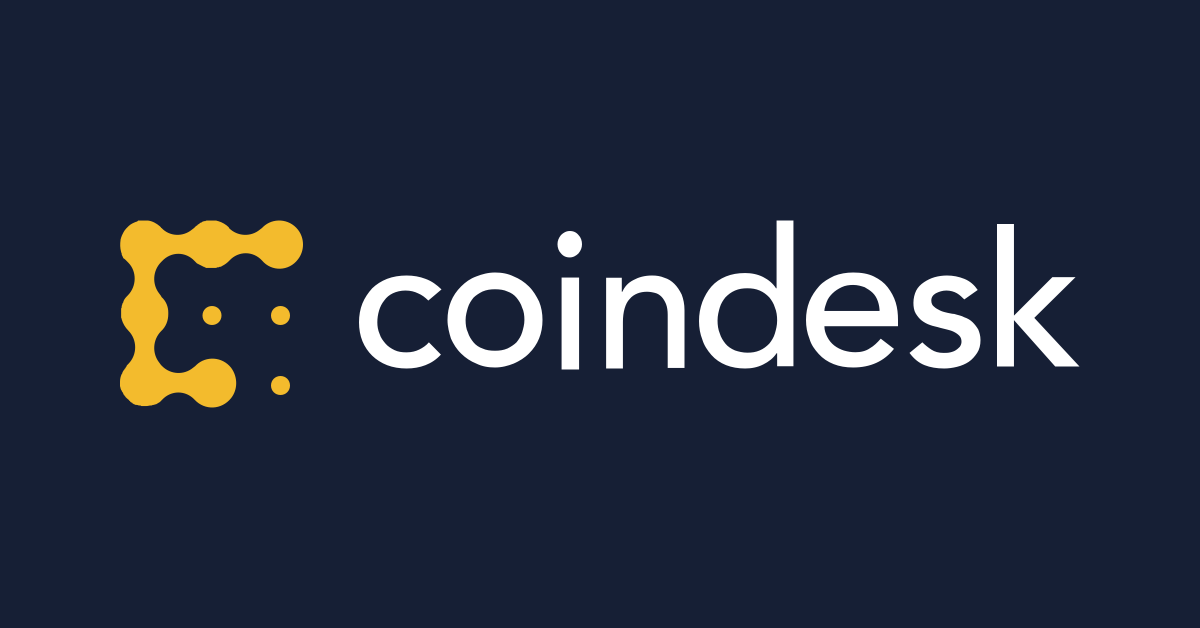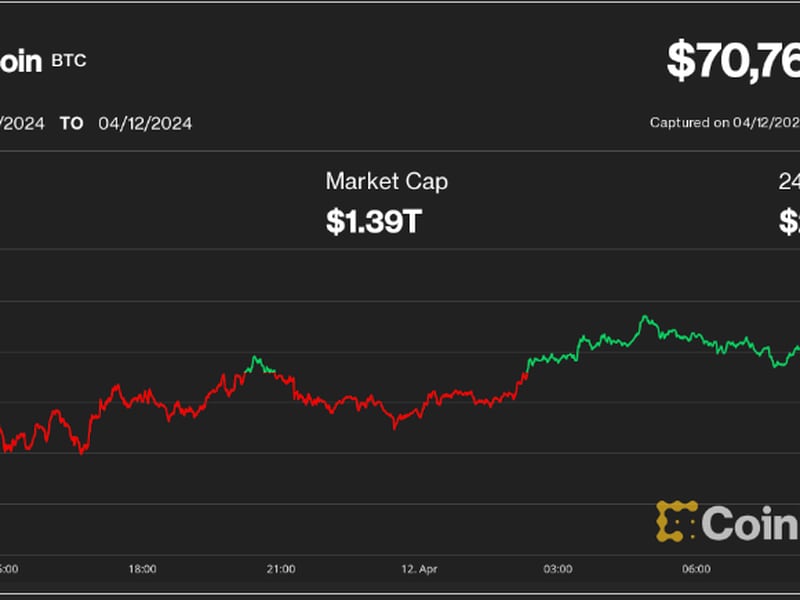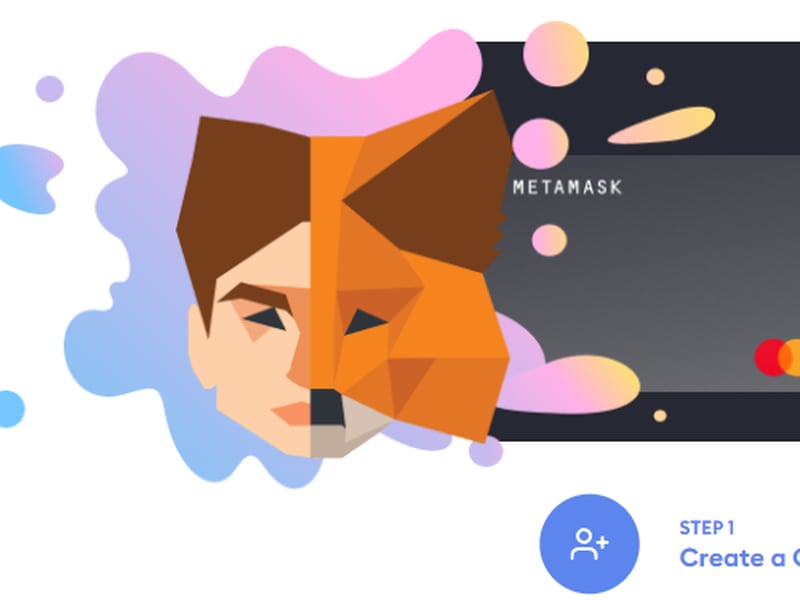Polygon Adds Data Solution Celestia as Option for New Layer-2 Developers
/arc-photo-coindesk/arc2-prod/public/LXF2COBSKBCNHNRE3WTK2BZ7GE.png)
Celestia, a so-called data availability (DA) solution designed to provide a cheaper alternative for verifying data generated from blockchain transactions, announced Tuesday that it will become an option for blockchain builders using Polygon’s software tools to spin up new layer-2 networks atop Ethereum.
The integration means that Celestia will be included with Polygon’s customizable software stack, known as the Chain Development Kit (CDK), which is powered by zero-knowledge technology. So developers will be able to use the data availability solution when designing and setting up their own layer-2 networks.
According to a press release seen by CoinDesk, Celestia’s DA solution will be available to developers in early 2024.
Celestia went live in October, and a primary business proposition for the network is that it can drastically reduce costs for layer-2 networks, since they won’t have to be constantly paying fees to Ethereum to store and verify the data.
“This is the broadband moment for Web3,” said Polygon co-founder Sandeep Nailwal in the press release. “The ability to launch a high-throughput ZK-powered Ethereum layer 2 as easily as deploying a smart contract will do for blockchain adoption what high-speed fiber did for Web2 applications.”
Ethereum’s roadmap
Ethereum has its own roadmap for handling data, including an initial step known as “proto-danksharding,” but developers of the blockchain have been slow to realize the plan, and in the meantime several independent networks like Celestia, Avail and even the rival layer-1 blockchain NEAR have sprung up to provide their own data-availability solutions.
Avail was initially incubated within Polygon. But in March, Polygon spun it out, writing in a press release that it wanted to align “more closely with the roadmap of Ethereum.”
“By releasing Avail, Polygon Labs becomes able to follow this principle more closely by shifting focus to Ethereum-native data availability efforts,” according to a press release at the time. “Ethereum-native data availability solutions have unique properties and represent interests of Ethereum, so Polygon Labs will support them more moving forward.”
According to a person familiar with Polygon’s strategy, Tuesday’s announcement means that builders using its Chain Development Kit, specifically building Validiums, will now have the option of using Celestia. Polygon might still eventually offer other data availability solutions, such as Avail, as an option, when they’re ready, the person said.
According to a Polygon Labs spokesperson, “Polygon CDK allows developers to build with zkEVM options, such as rollups and validiums. Developers building validiums using Polygon CDK will now have the option to use Celestia for data availability with other solutions potentially integrating with Polygon networks in the future.”
Avail, which is run by a Polygon co-founder, Anurag Arjun, recently launched a test network and is supposed to go live in 2024.








